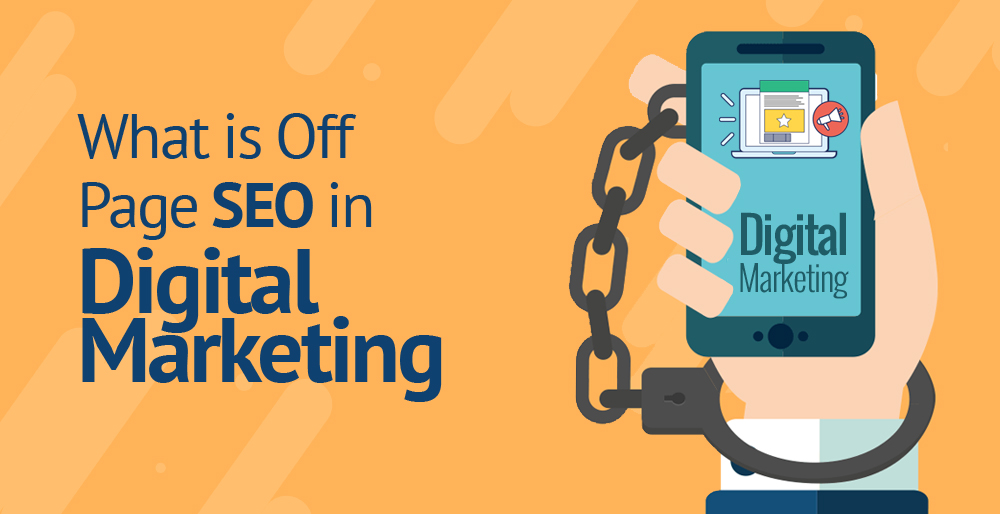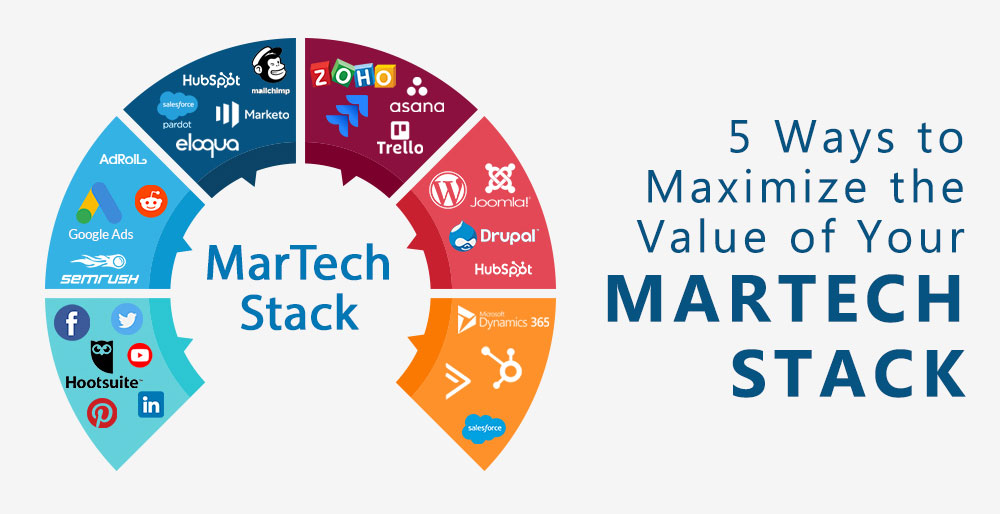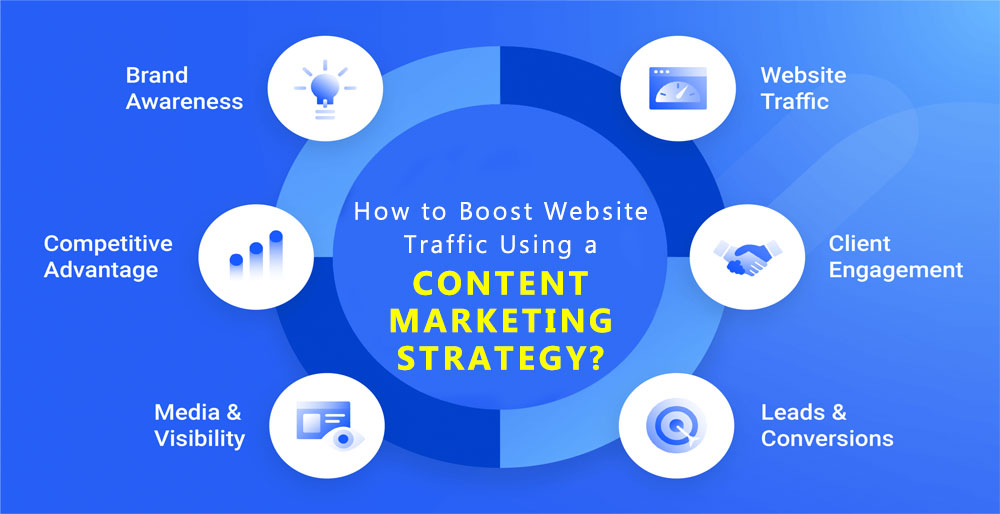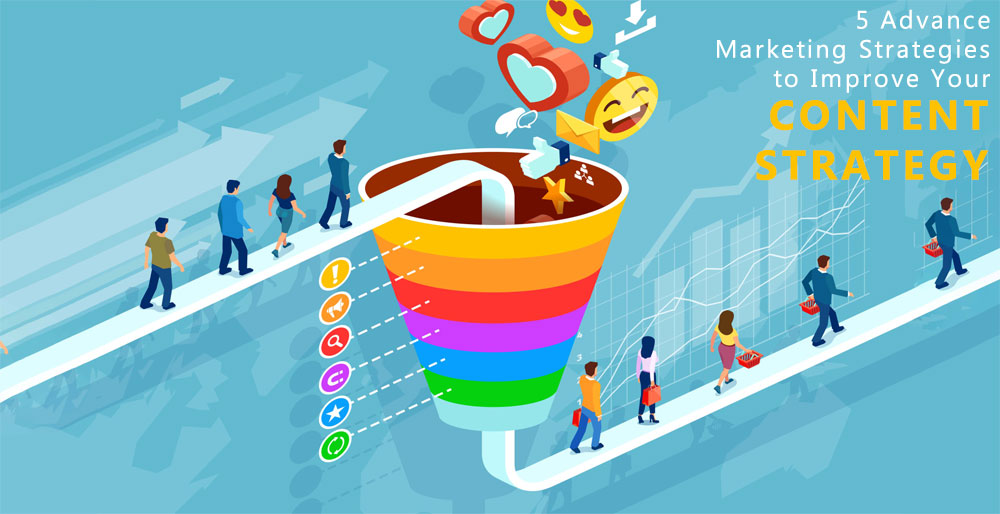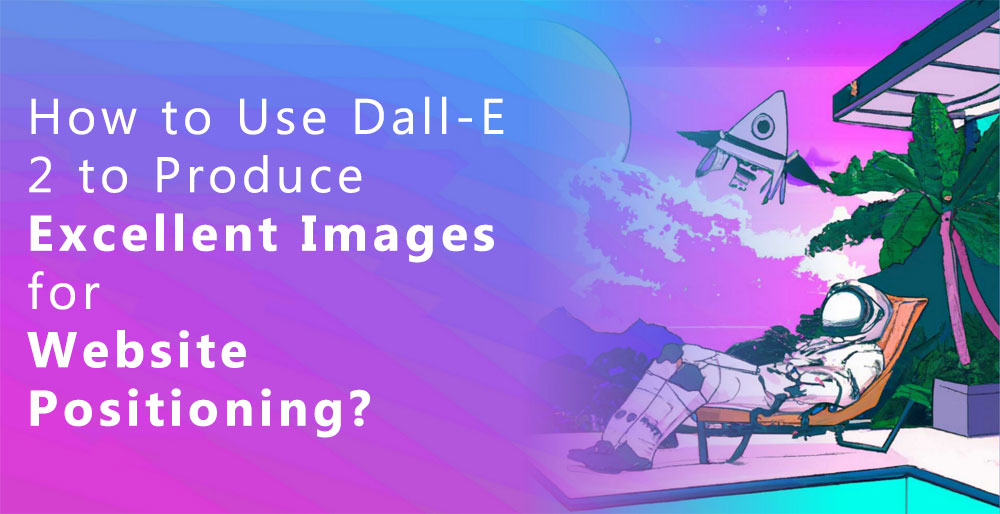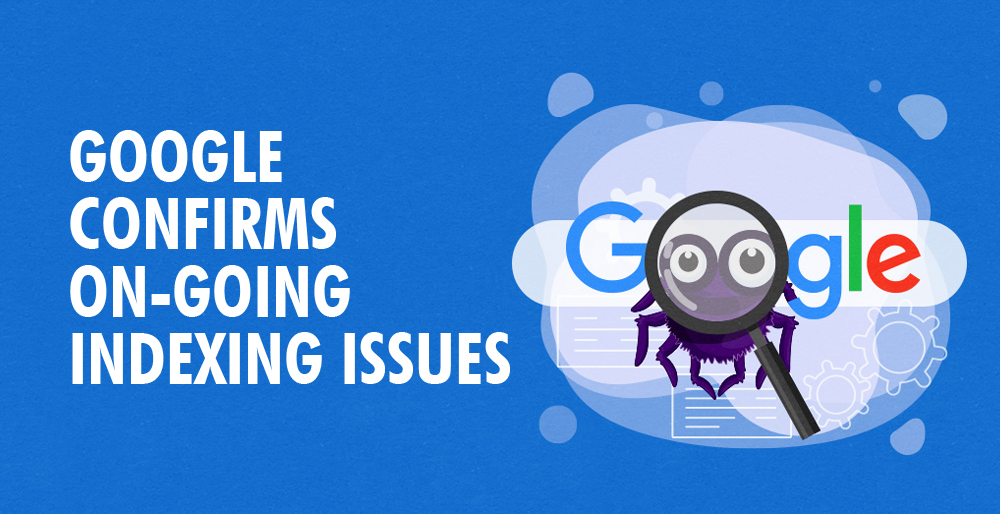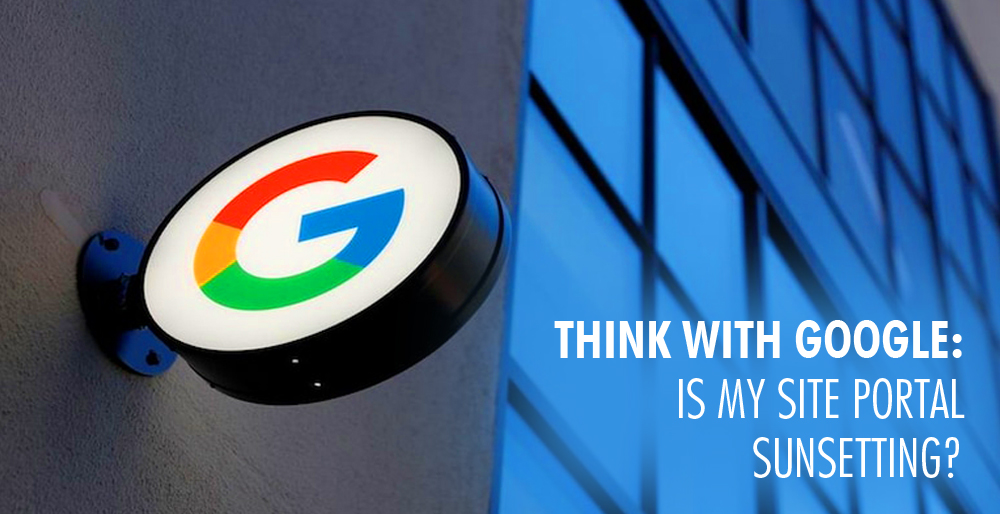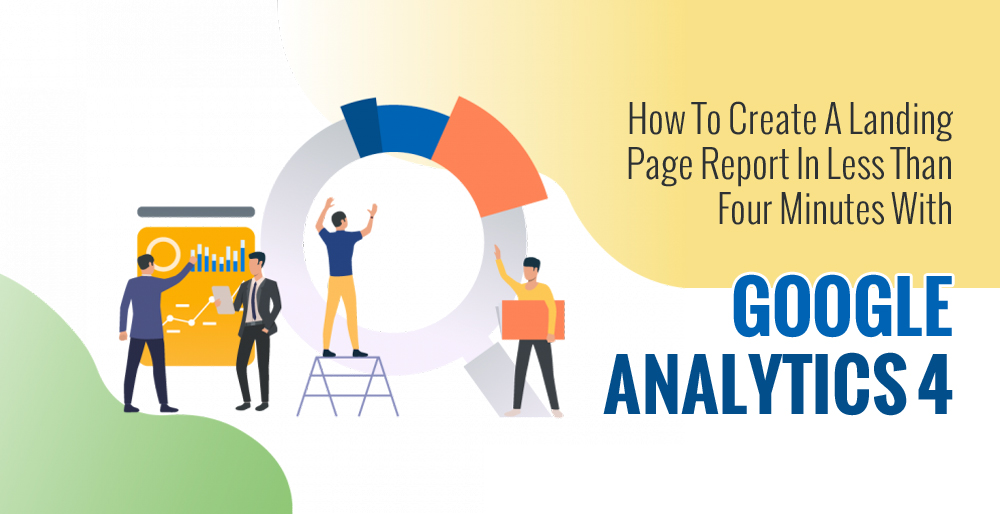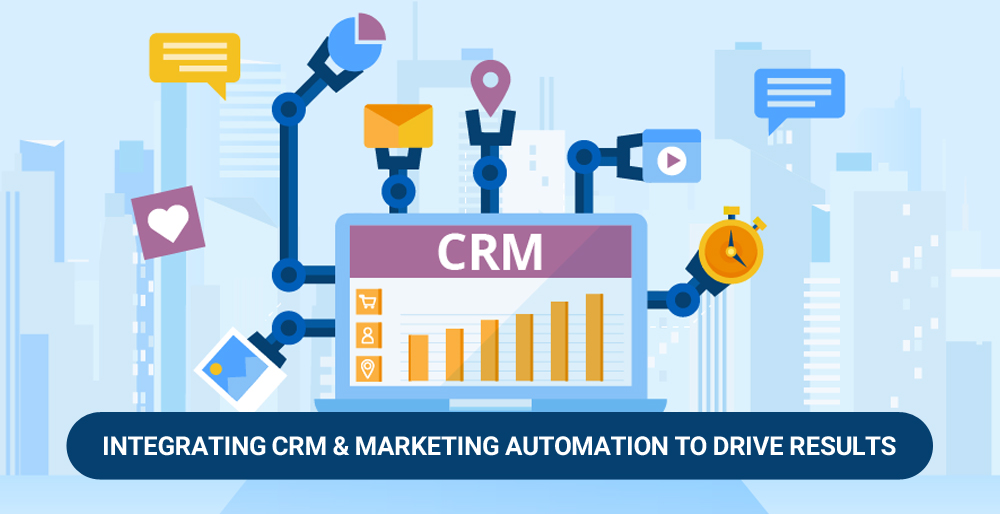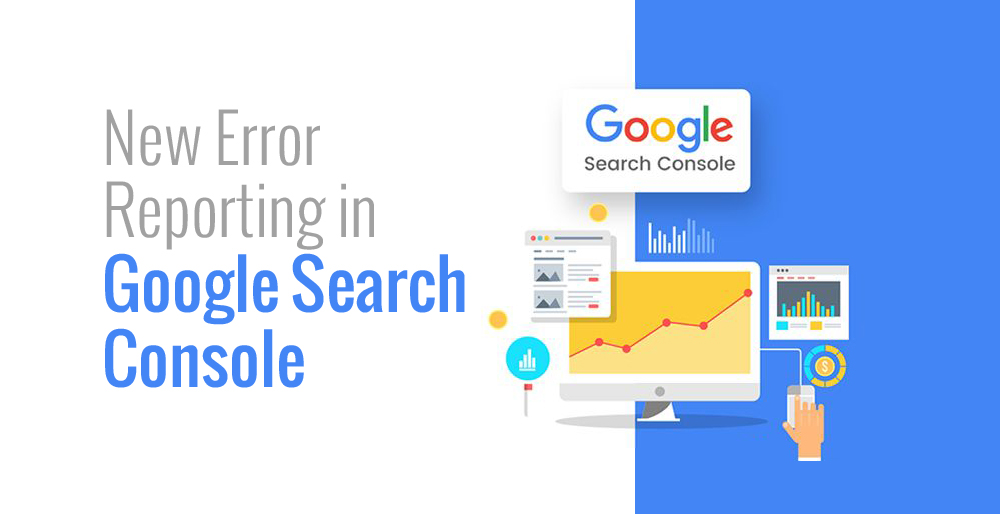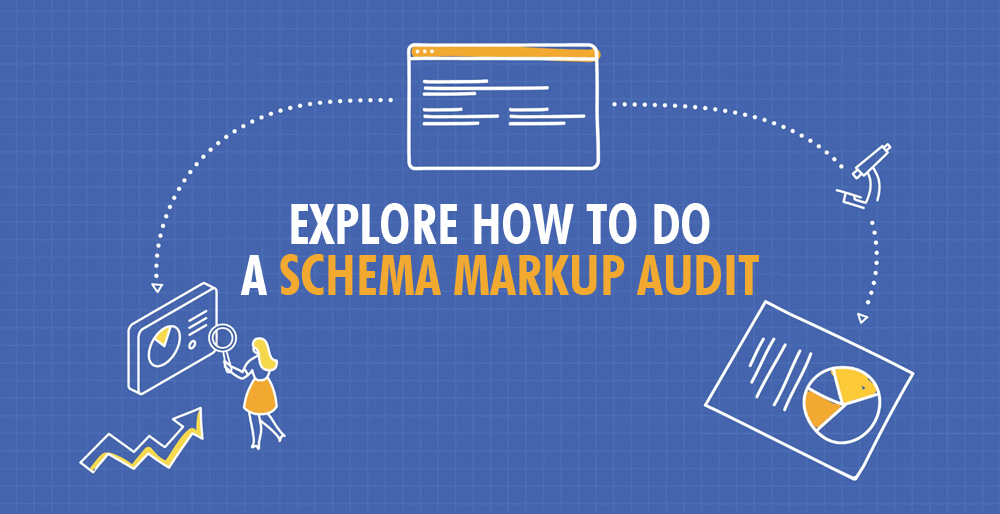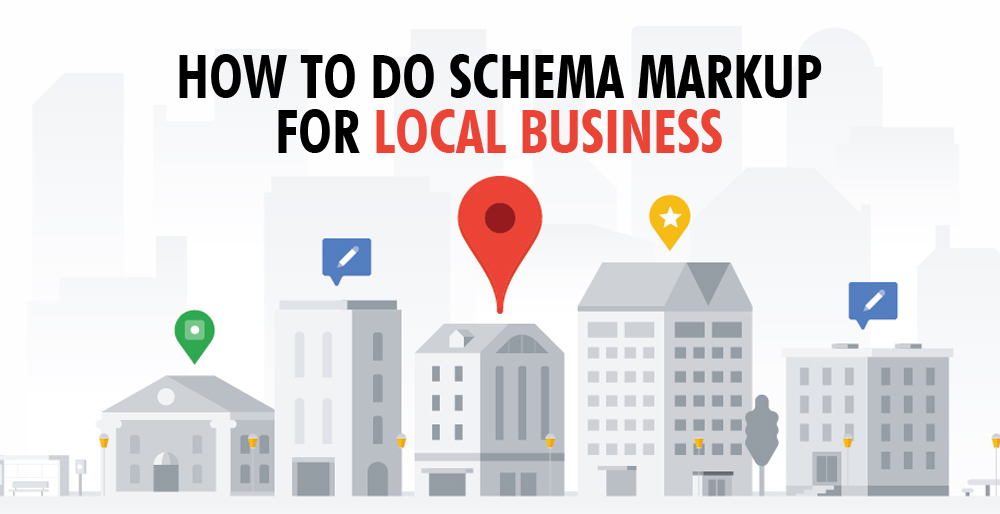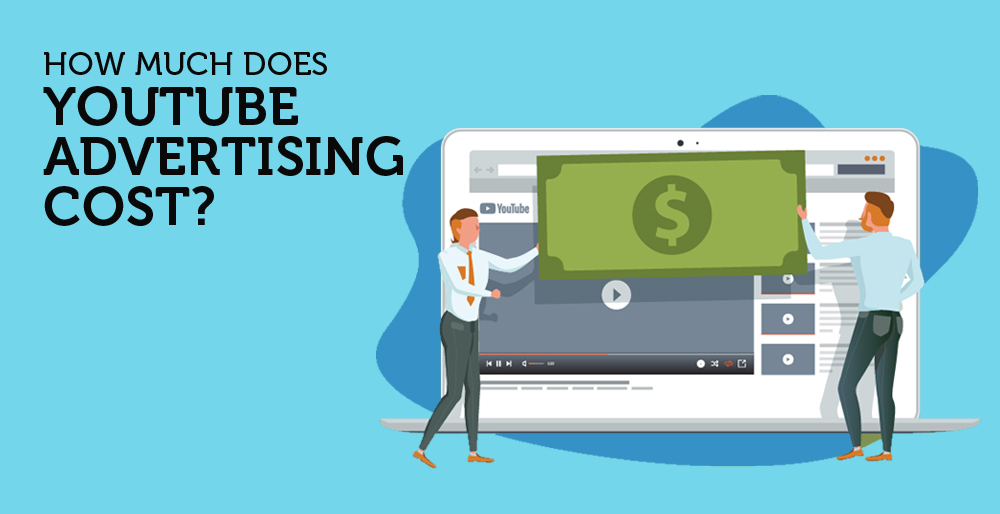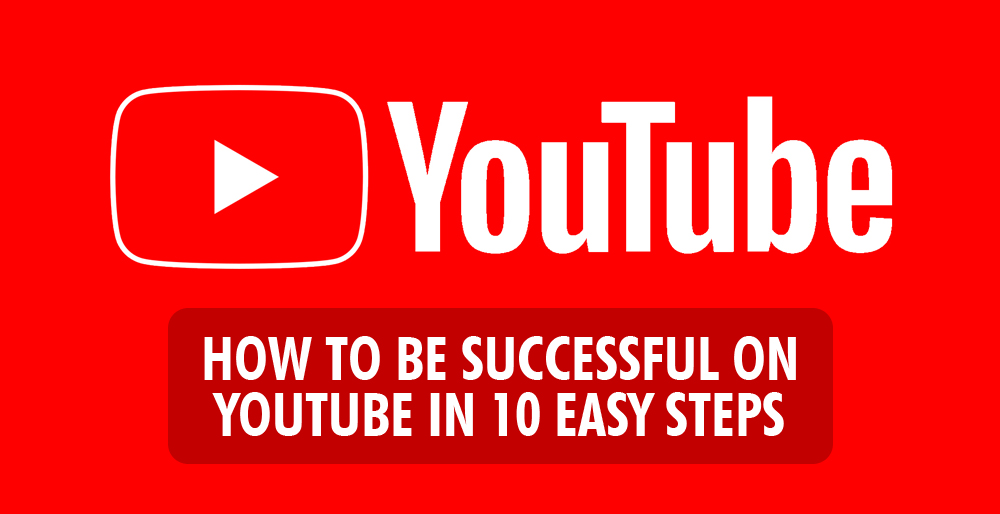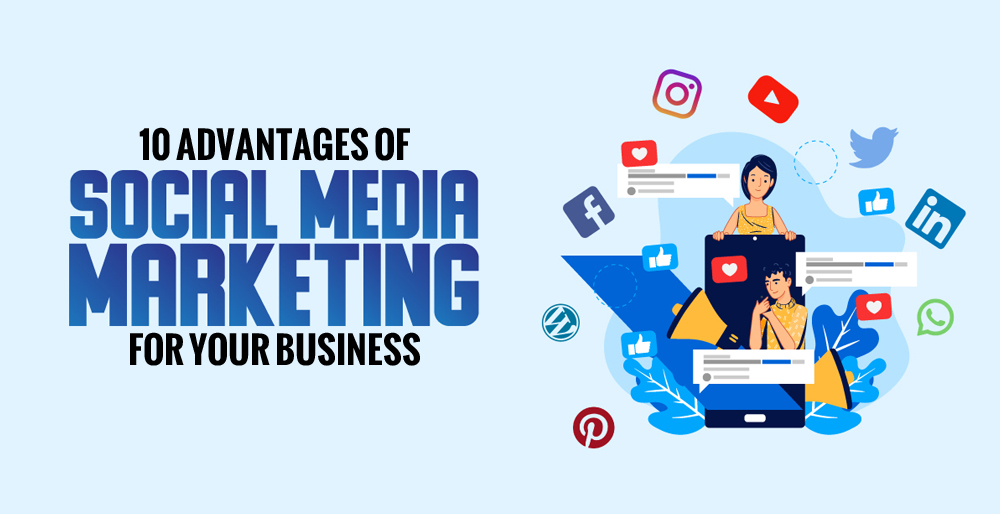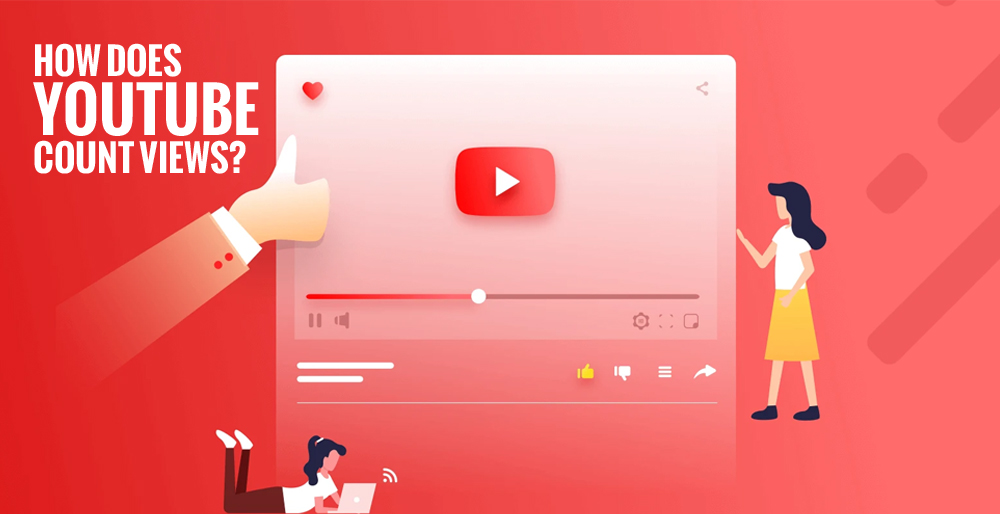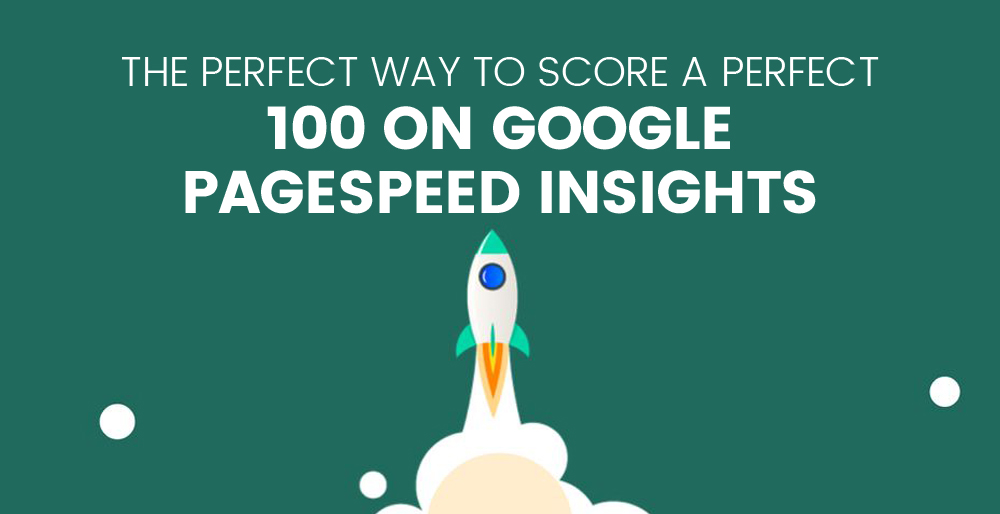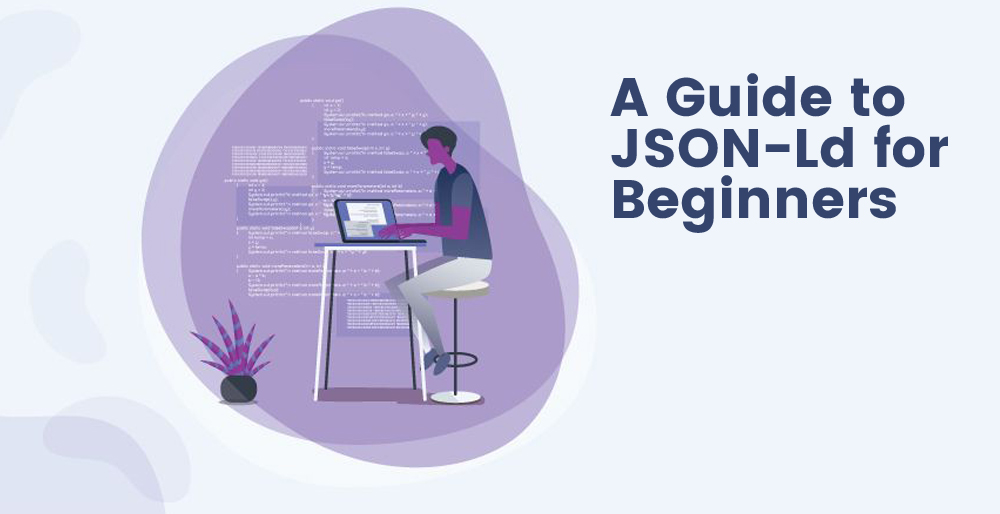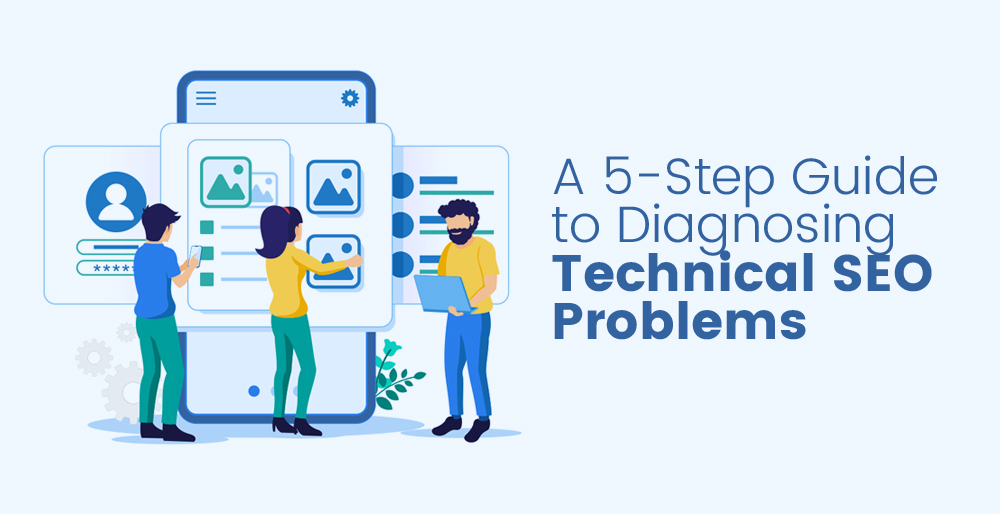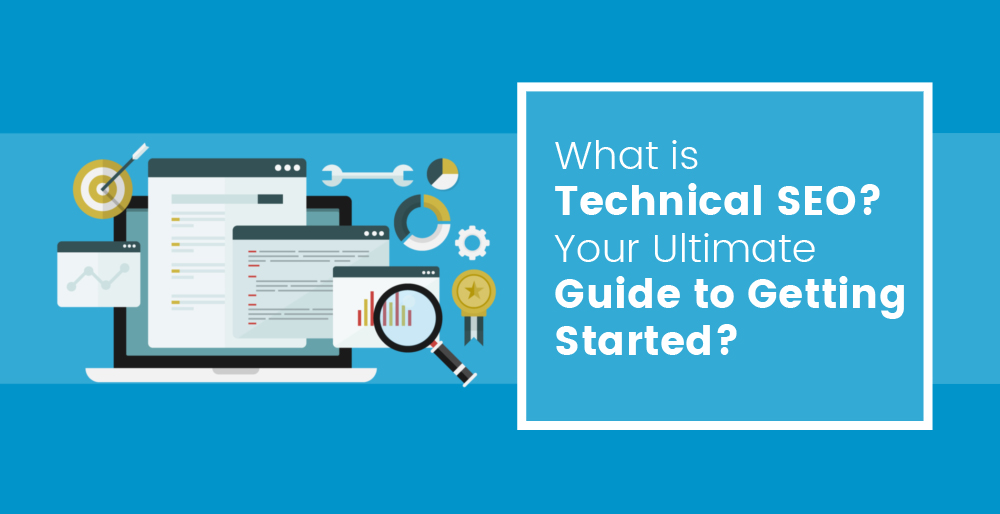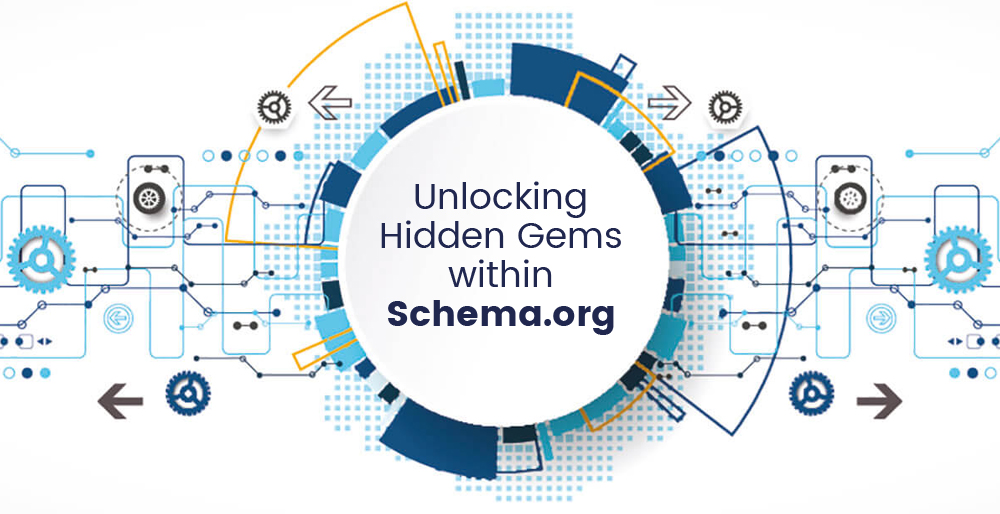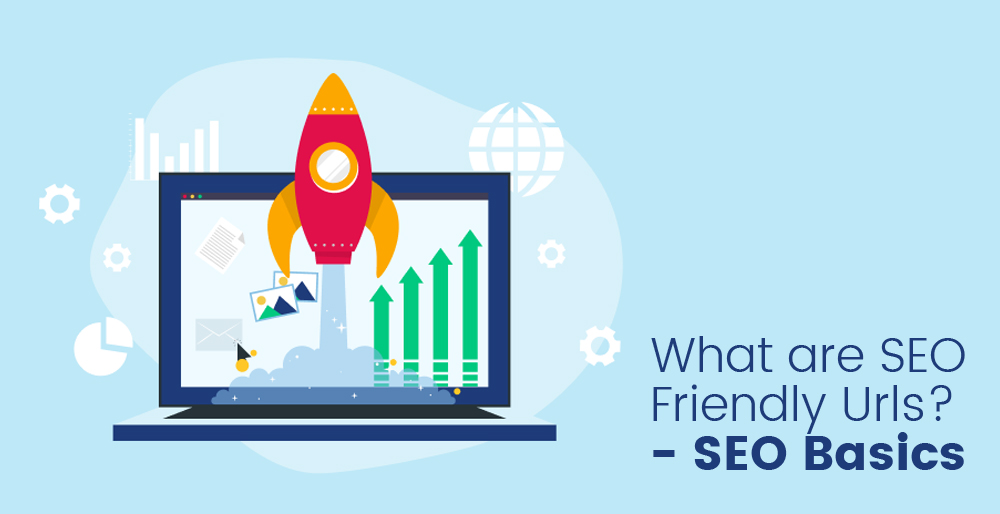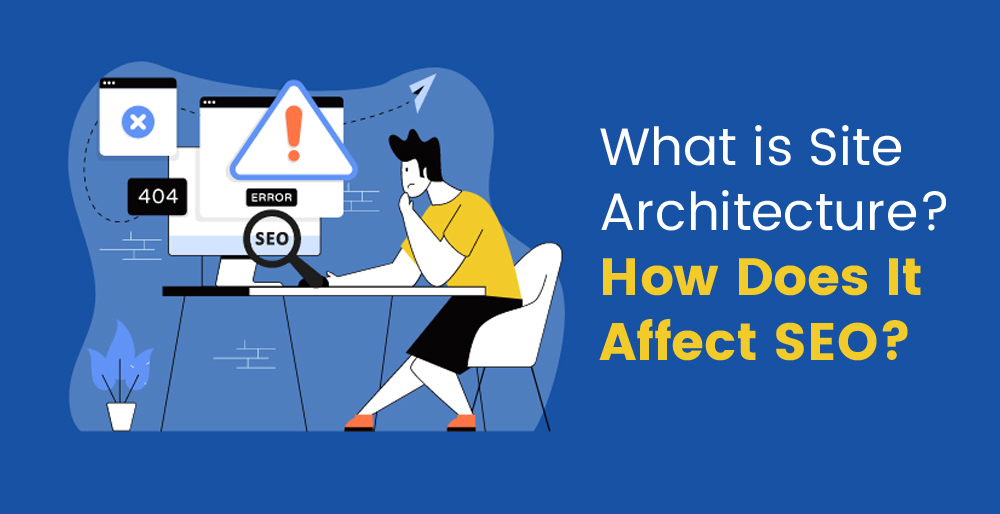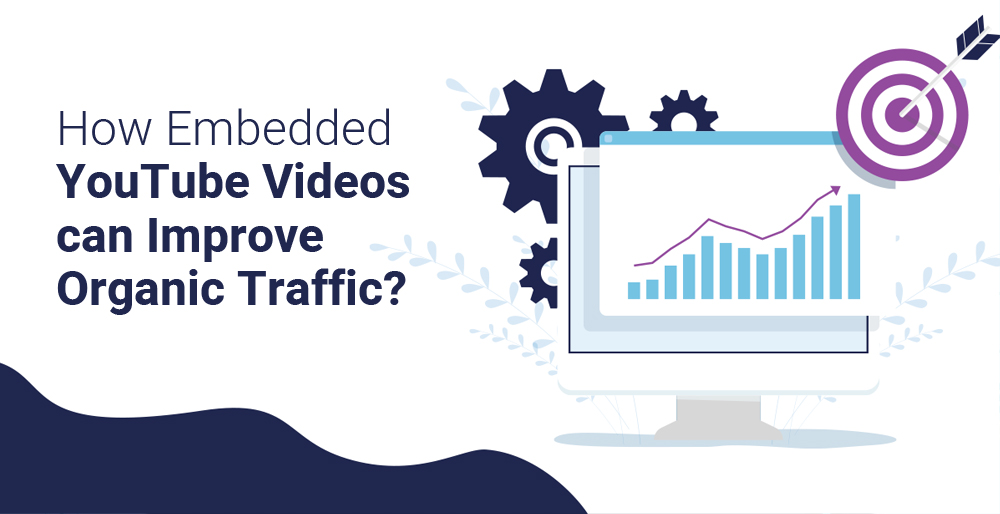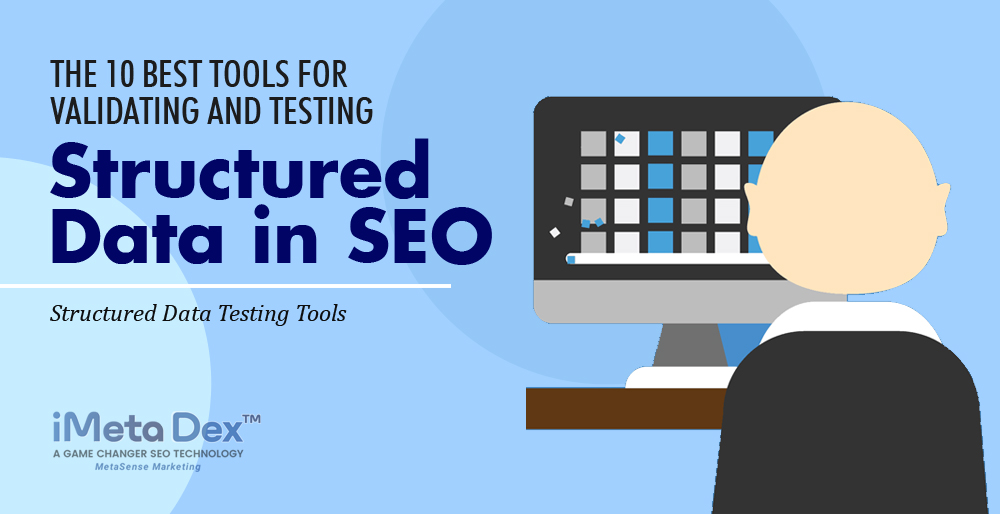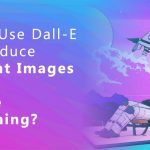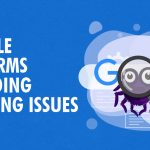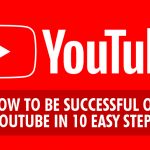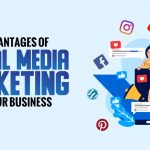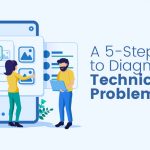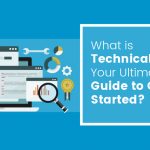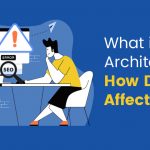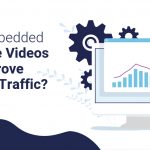What is Off Page SEO in Digital Marketing?
Offsite SEO (also known as “off-page optimization”) refers to activities performed outside your website to improve your search engine ranking. By bringing relevant search results relevant to a keyword search, search engine optimization off-page also improves search engine results. Offsite link-building is the most common offsite activity. This involves finding relevant and quality sites with high-quality content related to your business and asking them to link back to your website using the HTML linking code they provide.
In the right circumstances, links can instantly improve a keyword’s ranking. However, results can take months to manifest.
Having an external link from another website affects the results on your website takes time and effort. Internal Link authority and popularity play a massive role in offsite SEO, as well as the anchor text used when linking back to your site from the linked page. A hyperlinked phrase’s anchor text consists of the words’ actual words. Search engines identify Links within the content by reading all the links on a page, looking for keywords that relate to the topic of the web page being visited so that results are populated based on those keywords.
Google as a Search Engine

Google has updated its search results pages over the years with artificial intelligence to display results that are more relevant to the search query typed in by a specific person. Results from offsite SEO techniques fluctuate and change over time, so patience is required to see actual results.
In addition to offsite SEO, you can also use social media marketing and link building to improve your website. The use of social media platforms like Twitter, Facebook, Instagram and Pinterest allows searchers to share what they like and interact with brands, resulting in results for those keywords both on results pages and directly from their profiles.
The process of building links helps your site rank higher on search engine results pages (SERPs) by finding other websites that are relevant to your own and following up with them to ask them to link to it. A backlink is simply a hyperlinked phrase containing one or more keywords relevant to the search term you want to see on the results page of your website.
Linking can improve keyword rankings instantly when done correctly but can also take months before results are seen.
Search engines find off-page SEO strategies extremely valuable because it shows how important your site is to other people on the web. You receive links from other websites as endorsements of the quality of your website. Indirect sources can act as a tie-breaker in determining a website’s ranking factors on a search engine results page (SERP) if its on-page SEO is the same as its external sources.
Search results are sorted by matching results to the user’s query using relevance algorithms. As a result, more authoritative sites rank higher than less authoritative ones, and the less traditional sites rank lower in the SERPs (source).
Your website can get more natural links and maintain a high ranking if it has a high authority. Accordingly, high ranking SERP results tend to have numerous natural links from reliable sources. While lower-ranking results may have fewer links, they can still rank well since not every link is equally important.
Linking to your website from an external site is like voting for your quality. Even if they don’t have as many votes as other results, your results will be higher on SERPs if you receive more quality votes.
These websites declare that your site is helpful, trustworthy, and of high quality by linking to your website. Results with fewer votes are pushed down in SERPs by these votes, and they stay there longer, pushing up less authoritative results.
Furthermore, search engines consider results that have many backlinks and those that receive natural links, and then give more importance to results that don’t fall into either of those categories (source).
Online Sharing of Information using Social Media
Online sharing of information using social media is becoming increasingly popular. It is vital that websites/brands can reach individual social network users and their followers via social network feed such as Twitter, Facebook, Pinterest, Google, etc., rather than just website viewers.
So the same applies to getting results higher in SERPs: if you want results high up in SERPs, you need a solid social media presence. You should not neglect your website, though, because results that appear high in the SERPs have a lot of backlinks, so you still need traction on your website to receive enough votes.
To get results higher in SERPs, you don’t just have to have a social media presence or a large number of backlinks – you also have to get results that don’t come from either of those sources (source).
Whether or not you choose to focus more on social media marketing or link building is up to you, but both aspects will yield better results if done well.
Off-page SEO matters because it indicates how useful and helpful your website is to people. By linking to your site, other sites tell search engines “this site is quality” by displaying their page.
Consequently, the results atop the SERPs have many backlinks; the results below have fewer links. However, they are still regarded as valuable, and the results that don’t fit into either category rank higher than those that do.
It has become increasingly popular because it allows companies to reach more prominent people by posting something online. It would help if you had both a solid social media presence and lots of backlinks for two reasons: you want to rank high on SERPs because high-ranking results have lots of votes/backlinks, and only results that do not fall into either category receive extra weight/rank better over the long term (source).
Search engine optimization doesn’t mean neglecting social media or having too many results that don’t fit into either category (source).
While you can focus on one aspect more than the other, consider that results will be higher if both parts are handled well. Because of this, results may last longer, and you may also receive results even if there aren’t as many votes/links as other results.
There are Three Types of Links for Off-Page SEO
Off-page SEO relies heavily on links. Before you build or earn backlinks, you should be familiar with the different types of connections, as well as the factors that influence the value of a link.
Links can be Divided into Three Types :
A natural link
A natural link naturally links to your website. No outreach is conducted, or your team takes any action to earn a tie. Whether they found your content by searching for it or following your brand, the person is writing that content linked to your content. It doesn’t matter which way you look at it; your content is valuable and worth highlighting.
Built-in links
Your website receives a built link from outreach. The association was earned through outreach to web admins, publishers, or journalists. A campaign may have been run to promote the content, providing the exposure that led to the discovery. You created valuable content for users even though you built this link.
Links created
You can create a link to your website by self-submitting to forums, directories, or press releases. Your team purposefully created this link without any outreach. This link-building tactic tends to register as a black-hat SEO practice with search engines since they detest this type of link building. Whenever you are building links, look for natural or built links.
For your SEO Campaign, Learn how to Do Off-Page SEO
Now that we’ve established how crucial off-page SEO is to a website’s success let’s explore the specifics of how to improve off-page SEO.
Building links
Backlinking is the most popular method of off-page SEO, which is used to generate natural links to your site.
By obtaining links from reputable websites, you will drive traffic to your site and determine your ranking. Your website will benefit significantly from getting links from reputable sites. As the primary method of navigating the internet, links offer these benefits. Links enhance your users’ experience on your site. You can provide your users with easy access to other information they may find interesting. In addition, links are the easiest way to measure a site’s expertise, authority, and trustworthiness. Links are one of the factors that Google uses to rank search results. What is the best way to convince others to link to you? If you want to start with off-page SEO, you can try any (or all) of the following strategies.
Campaigns we run in digital marketing make an impact on the metrics that matter!
- Get involved in an association. A local chamber of commerce could be a good choice. The website of the association should link to your company.
- Produce quality content. To get clicks and natural links to your site, you need to create high-quality blog posts, infographics, videos, etc. They’ll come if they find it interesting.
- Please reach out. You can gain future links to your website by approaching journalists and bloggers as possible sources for their writing or by asking them to host content you have created.
- Spread the word on social media. You can gain traction by sharing your content on social media. Social media channels should feature appropriate content, such as infographics and blog posts. Also, use hashtags on Twitter to make your posts more discoverable.
The weight of some links varies. A link from an influencer within your audience’s community, for example, has significantly more authority than a link from a spam site. High-quality links tell Google that your site has earned the recognition – that it knows its material – and you’ll be ranked higher for it. Regularly check your backlinks to ensure that your off-page SEO strategy works well. Tools can be used to analyze your backlink profile and the profile of your competitors. We recommend the following backlink tools:
- Ahrefs
- Moz Link Explorer
- SEMrush
- Buzzsumo
- Ubersuggest
Understand why you’re building links instead of just how to make them when you implement your off-page SEO strategy. They are constructed to have a more significant presence and reach the people that your services and products may help.
What is the Relationship Between Content and Off-Page SEO?
No matter how many off-page techniques you employ, they won’t matter if you don’t have quality content. If the content on your website isn’t valuable to your audience, they won’t stay.
There might be a lot of links on your website, but if nothing is worth looking at, that traffic will not convert into sales. Make sure your content convinces your audience that you know it all! If we continue with the wedding analogy, your content is the food at the wedding. It would help if you had it to keep your guests. Having good content is a crucial part of any off-page SEO strategy, as it helps draw users to your site when they land there.
Blogging
Your brand can benefit greatly from blogging by creating linkable content.
Blogs are the only place on the web where you can find a constant stream of long-form content.
You can generate natural links and brand mentions when your audience comments and shares your content on your blog.
The more you post, the more knowledgeable you will become in your field. They will come to you first when they need information about the latest trends, how-to guides, and informational articles.
That’s how you generate loyalty!
Marketing through Social Media
Even though social media links do not impact ranking, social media sites are some of the best places on the web for building brand awareness.
It is becoming increasingly crucial for businesses to establish a strong presence on social media, so they feel approachable and open.
Not only does a brand appear abrasive, but its trustworthiness is questioned if users can’t find information about it quickly.
Make your brand seem like a neighbourhood corner store rather than some foreign entity.
Stay active on social media sites, and create a blog where you can let your audience know about your brand’s flair.
Be sure to generate relevant and easy-to-read content, and respond positively and sincerely to comments on your blog and social media pages. This will make your brand feel more human and less like a machine.
Marketing with Influencers
What is the impact of off-page SEO to influence marketing?
Due to the focus on links to generate off-page SEO, many people assume off-page SEO is all about generating links.
Off-page SEO has to boost rankings to make it easier for people to find, contact, and purchase your products. Off-page SEO creates positive engagement with your brand through links, reviews, social media, or brand mentions.
However, off-page SEO is tricky because those methods aren’t yours to control, and you don’t want to be considered a black hat.
There is no surefire way to undermine your brand’s credibility – or rank – than by using black-hat SEO tactics like paying employees to post positive reviews and buying links.
Because you can’t control the off-page elements of your site the way you can the on-page factors, off-page SEO can feel like a frustrating waiting game where all you can hope for is a positive response from your audience.
You should reevaluate your search engine optimization strategy if it’s negative. Figure out which tactics work and modify those that do not.
Negative reviews can be combated by:
- The implementation of changes that will address the valid concerns expressed in the negative reviews
- Getting in touch with your customers to request a review of their purchase
Your products and services will be improved, and you’ll generate more reviews.
Don’t forget to contact online influencers. Your audience’s trust will be boosted to new heights when someone well-known endorses your brand.
Publication Writing
The best way to prove that you’re an expert in your industry while promoting your own business is to write for external publications. Your chances of attracting customers who wouldn’t otherwise have heard of you are tremendous with this kind of publicity. In addition, you can use it as a portfolio to show other publications, and you may be able to write for them.
Bookmarking on Social Media
StumbleUpon, Tumblr, Reddit, and other sites allow you to submit content for social bookmarking. The content on these sites is segmented by niche, so you can appeal to customers in the demographics you wish to target. Nevertheless, it would help to research the site’s audience and rules before submitting any content.
These communities don’t want to be spammed. Instead, you should provide them with helpful content.
We Know Off-Page SEO at iMetaDex
Our team at iMetaDex will help you measure your on- and off-page SEO efforts if you’re too busy with your business to consider all the involved factors in off-page SEO.
Whether your project is big or small, we strive for excellence in everything we do, and we have an award-winning team that is always ready to help. We know exactly what to do to help your business grow and add to your bottom line.
Contact iMetaDex today for off-page SEO services that will help grow your business!
To learn more about iMetaDex™, click here.
MetaSense Marketing Management Inc.
866-875-META (6382)
support@metasensemarketing.com

